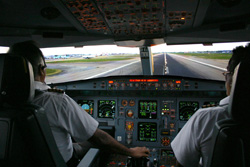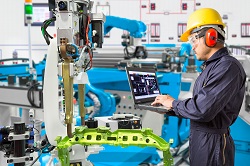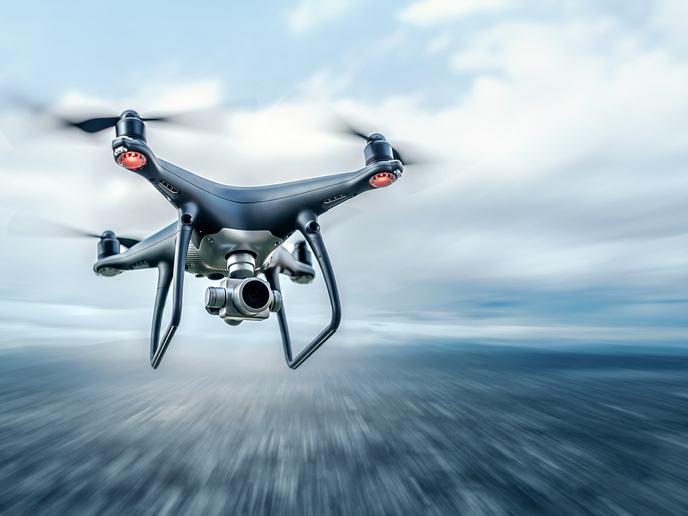Flying safer by predicting pilot error
At times, these errors can be partially attributed to overly complex aircraft cockpit designs. A pilot can get disoriented in stressful situations and may accidently perform a potentially dangerous procedure. This is why the EU-funded 'Model-based analysis of human errors during aircraft cockpit system design' (HUMAN) project has developed an innovative cognitive modelling tool that can help designers improve cockpit design. The idea is not necessarily to simplify the cockpit but to make it more suitable to human performance. Their cognitive model of crew behaviour will inform cockpit designers of possible pilot limitations. Once identified, designers will be able to better adapt the cockpit to the pilot. Though the 36-month project won't end until February of 2011, HUMAN has already produced significant results. Indeed, their cognitive modelling tool can already predict how and why a pilot reacts to any given event with respect to cockpit design and his or her physical interaction with systems controls. But developing such a tool requires extensive testing, validation and research ingenuity. Human judgement and error is notoriously difficult to pin down, so the researchers came up with two different testing platforms. The first platform was entirely 'virtual' - using a simulated flight crew, cockpit, and flight environment - while the second 'physical' platform placed real pilots in flight simulators. The virtual platform enabled the HUMAN researchers to test their cognitive modelling tool and produce valuable data on pilot error predictions. The data was then compared to the behaviour of the real pilots and their performance in the flight simulators. Data from the physical platform enhanced the understanding of cognitive processes leading to pilot errors, according to the project partners. The resulting knowledge was used to validate and further develop the cognitive crew model. Though rare, pilot errors do occur. But by identifying potential cockpit design flaws improvements can be made to boost overall aircraft safety. Clearly, a benefit to anyone who flies.







